Dr. Chris van Tulleken discusses ultra-processed foods and how their manufacturers create products designed for profit over people.
Read more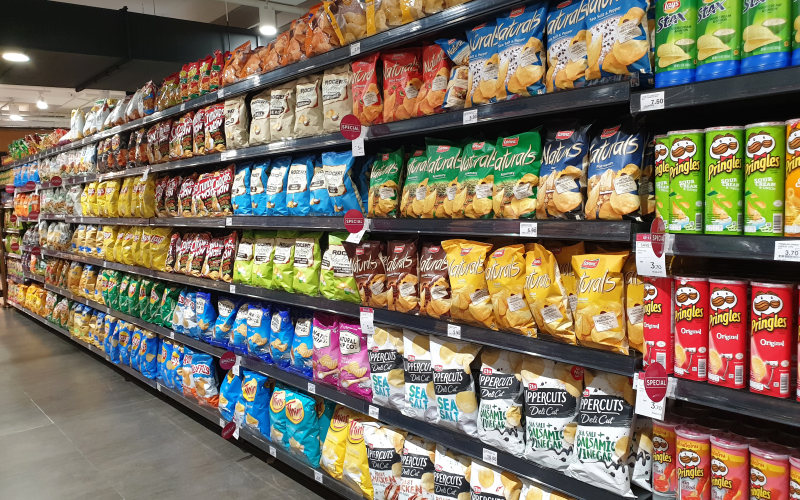


Dr. Chris van Tulleken discusses ultra-processed foods and how their manufacturers create products designed for profit over people.
Read more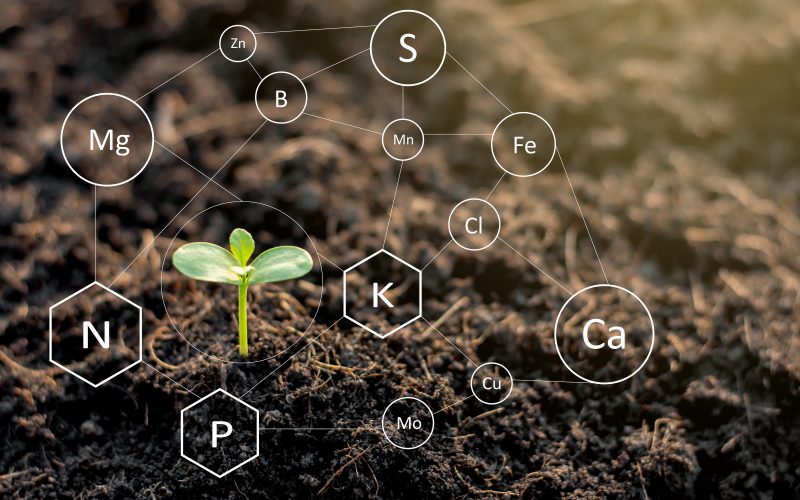
Brown University professor Stephen Porder joins host Krys Boyd to discuss hydrogen, oxygen, carbon, nitrogen and phosphorus and how these building blocks of life affect the climate.
Read more
Medical anthropologist Theresa MacPhail discusses why allergies are getting worse and what the world’s best allergy clinicians are doing to combat them.
Read more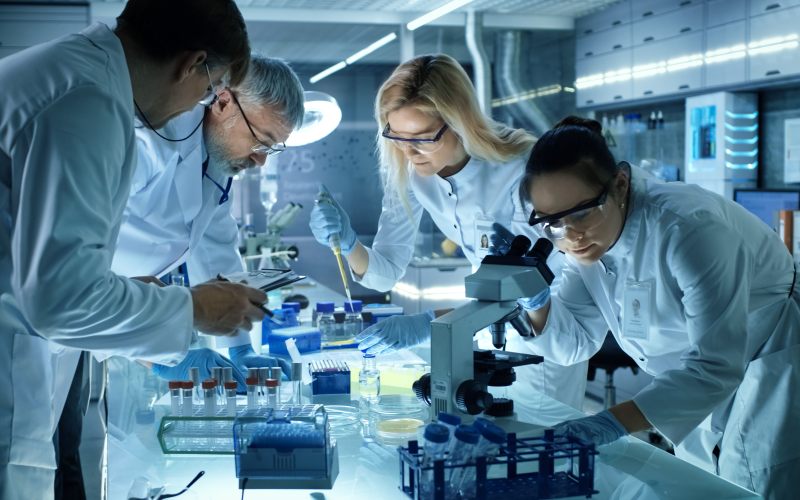
Nature editor Richard Van Noorden talks about how bias, error and, yes, even fraud, infect clinical trials – and what can be done to clean them up.
Read more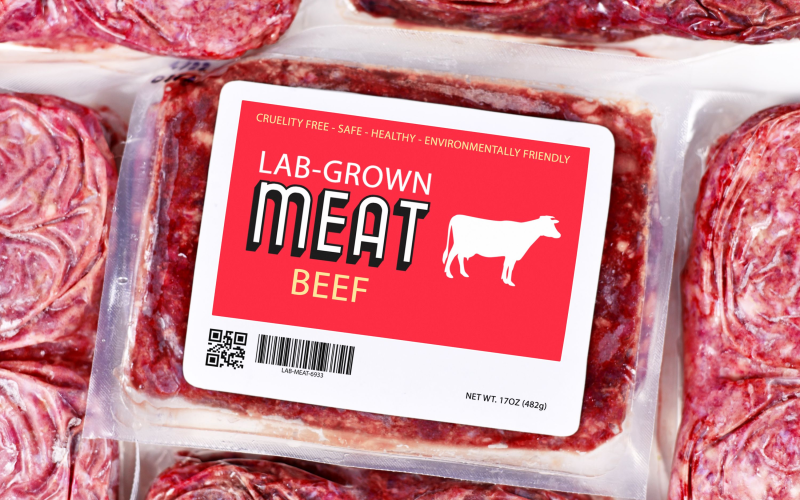
Annie Lowrey of The Atlantic discusses the new world of “cultivated meat” – animal proteins combined with other chemicals to produce the texture and flavor of meats.
Read more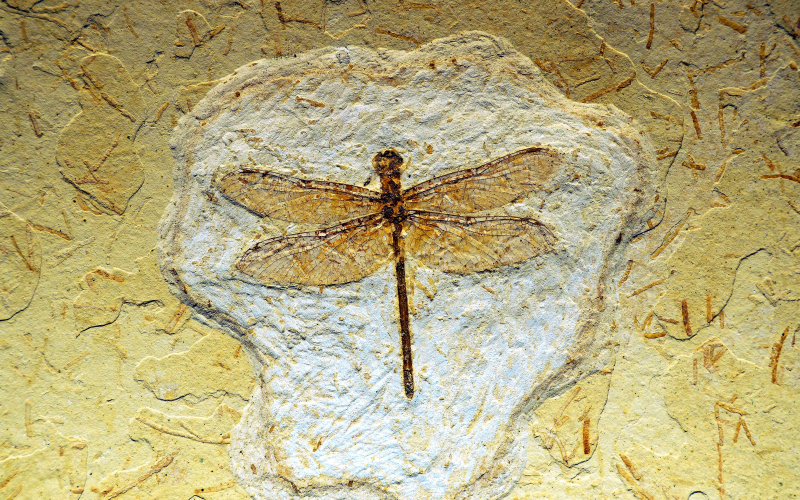
Smithsonian researcher Dale E. Greenwalt discusses how the field of paleobiology is opening up new avenues for what we know about ancient life, and the fascinating findings it’s already yielded.
Read more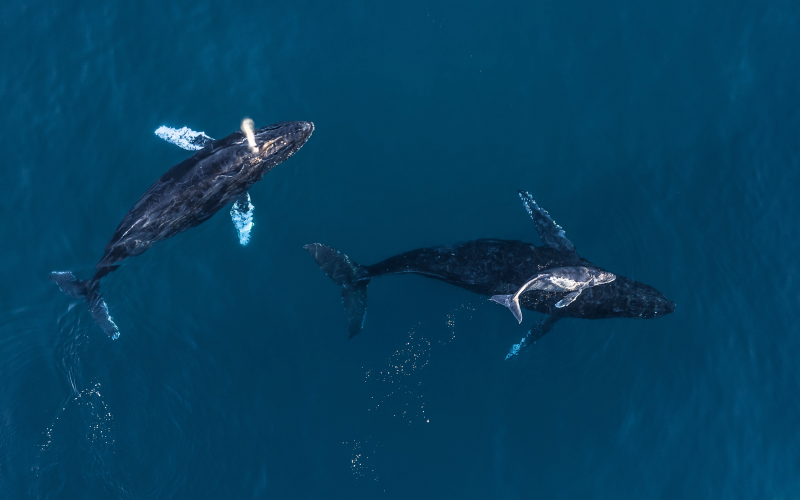
Wired staff writer Gregory Barber discusses a new way of looking at carbon credits – assigning monetary value to creatures that help offset carbon emissions.
Read more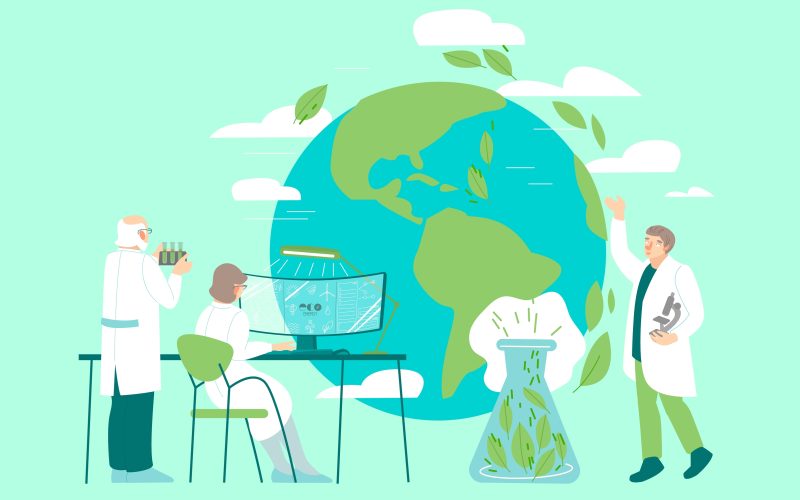
Shannon Osaka joins host Krys Boyd to discuss the growing number of people who share a grim view of the future, and how climate scientists are trying to win them back.
Read more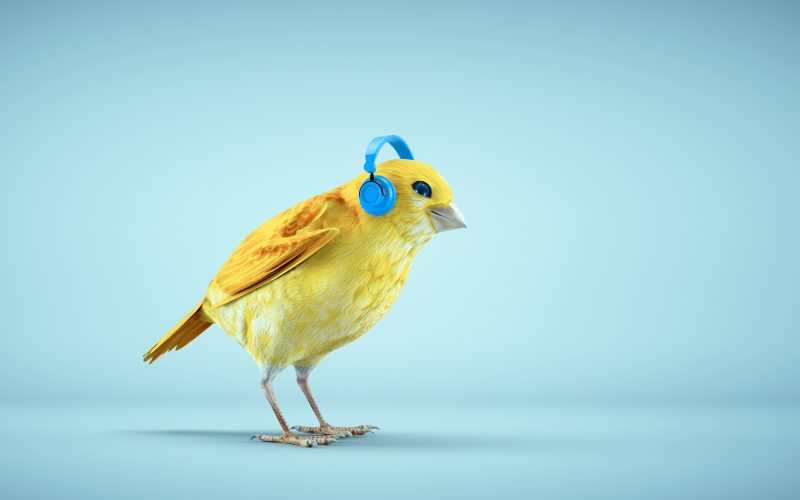
New Yorker staff writer Burkhard Bilger joins us to discuss his profile of neuroscientist and musician David Sulzer, who is trying to define what music is and how studying animals’ connection to music is helping in that pursuit.
Read more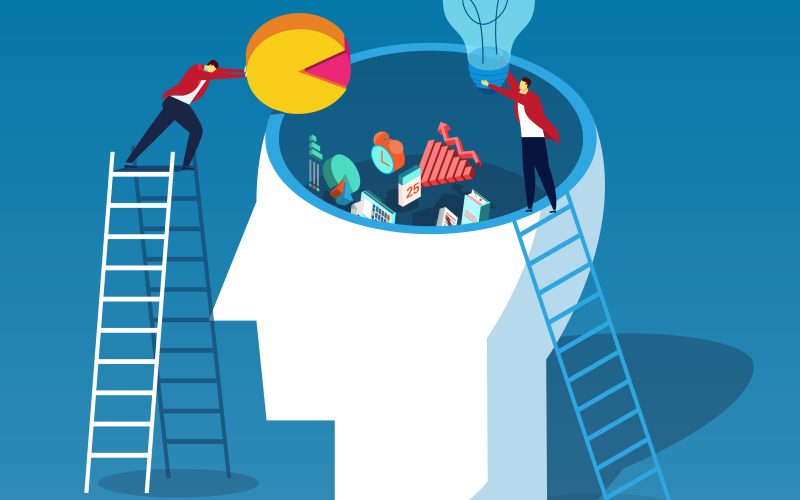
Andrew E. Budson discusses his work studying memory, how to control what you remember and how diet plays into this ability.
Read more
Scientist-turned-author Kathryn Harkup joins us to explore the wild world of 007 – from whether gold paint could really kill you to the feasibility of volcano lairs for bad guys.
Read more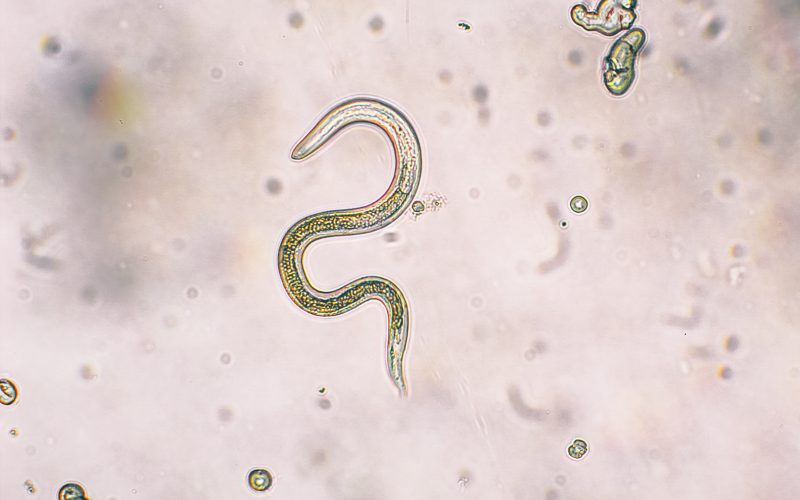
Scott L. Gardner, professor of biological sciences, joins us to discuss parasitology around the world and how these tiny creatures offer insight to the evolutionary history of regions.
Read more